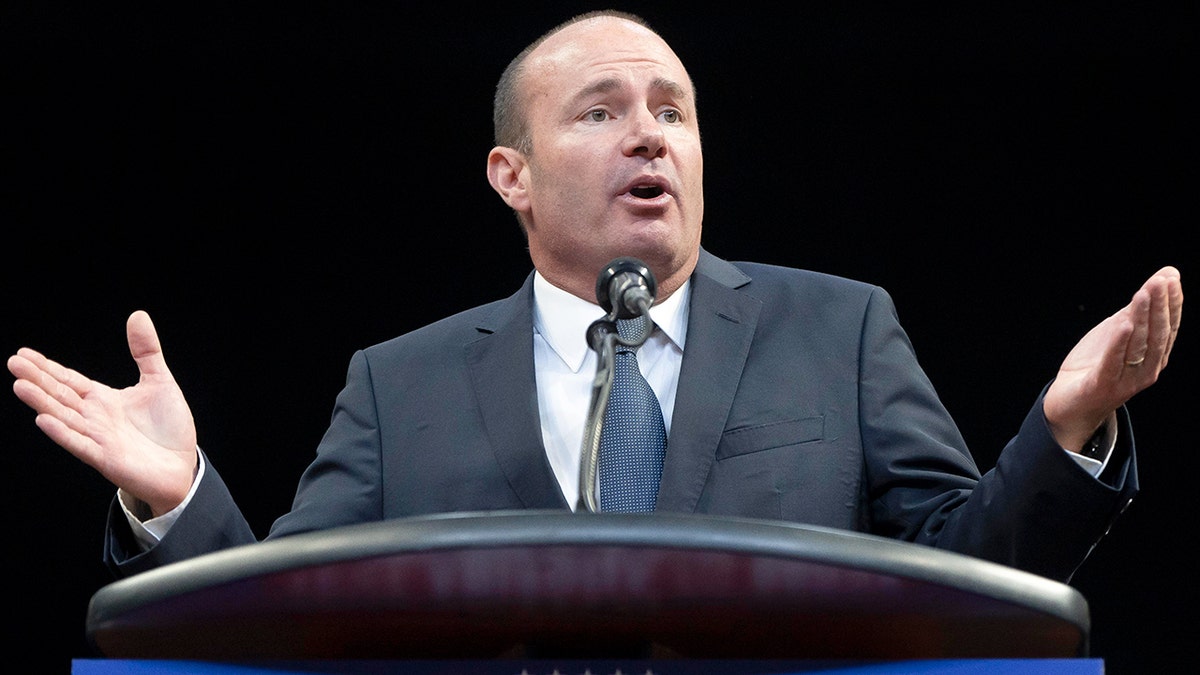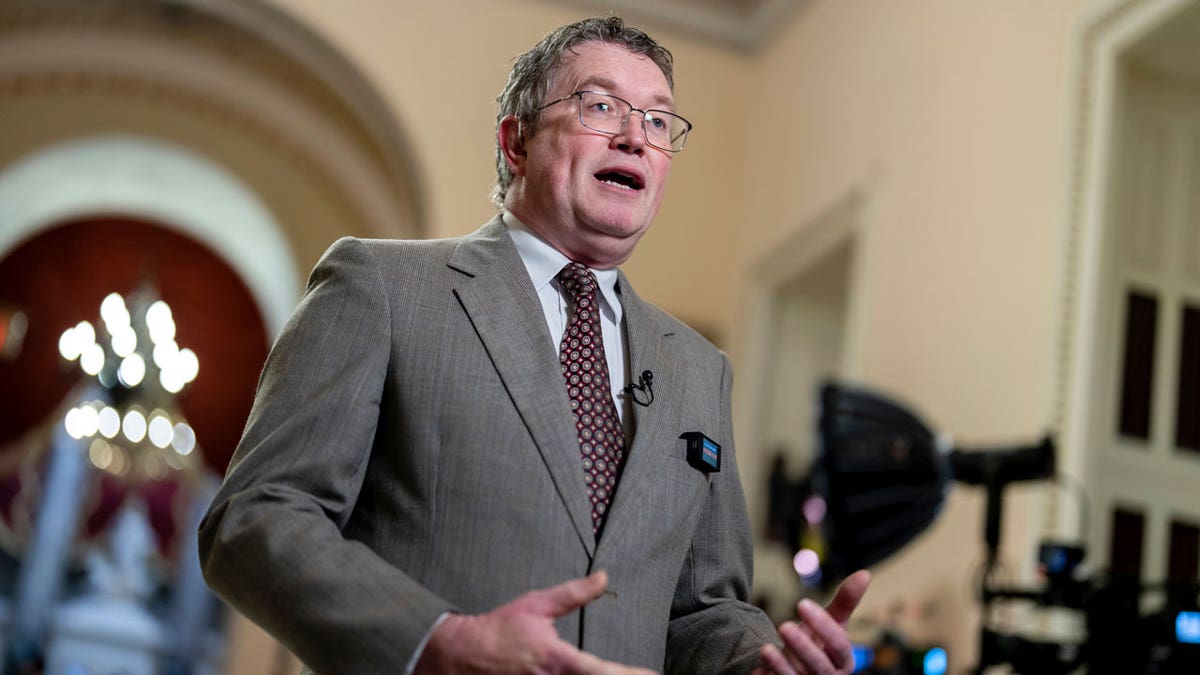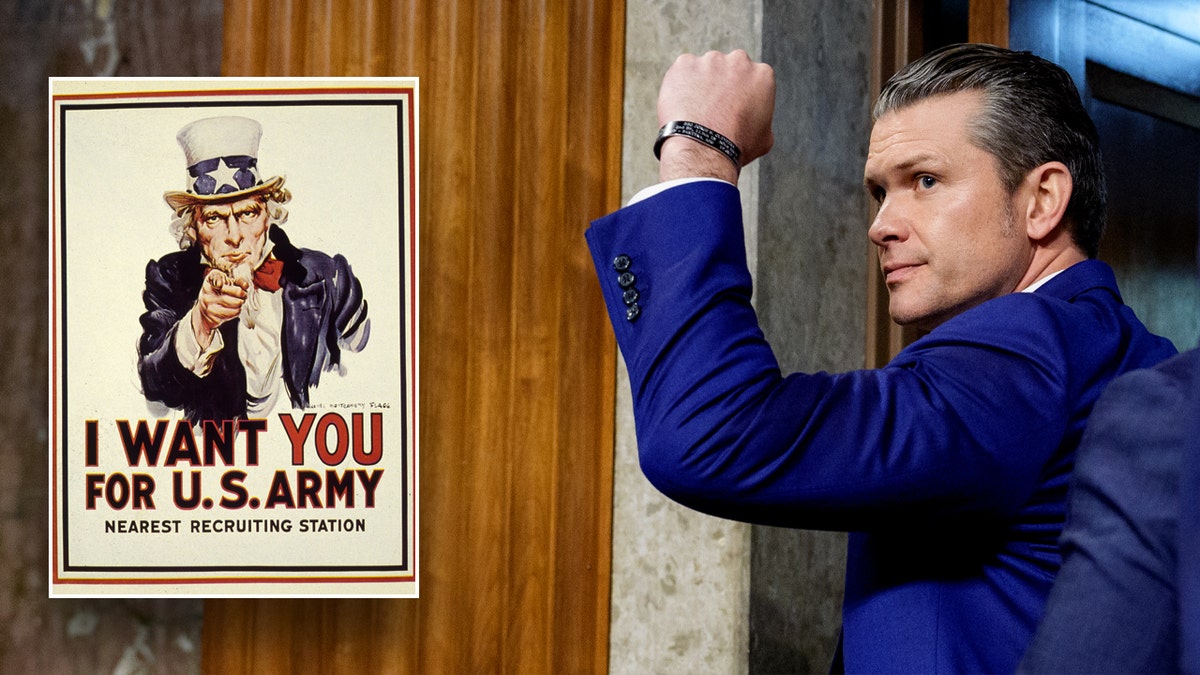Discussions around a potential US withdrawal from NATO are gaining momentum within Republican circles and have even garnered support from influential figures like Elon Musk, CEO of SpaceX and Tesla. This renewed interest comes amid ongoing challenges in negotiating an end to the conflict in Ukraine.
While former President Donald Trump had reportedly considered withdrawing from the alliance during his first term, Senator Mike Lee (R-UT) has become a vocal proponent of the idea. Following a recent emergency NATO meeting on Ukraine that excluded the US, Lee publicly advocated for leaving the alliance, suggesting names like "AmerExit" or "NATexit" for the movement, echoing the term "Brexit."

Lee's sentiments are shared by other lawmakers, including Rep. Thomas Massie (R-KY), who referred to NATO as a "Cold War relic." Adding to the chorus, Elon Musk, who leads the Trump administration's Department of Government Efficiency (DOGE), expressed agreement with the idea of withdrawing from both NATO and the United Nations.
These discussions coincide with stalled peace negotiations in Ukraine. Ukrainian President Volodymyr Zelenskyy has been pushing for NATO membership since Russia's 2022 invasion. However, a recent meeting between Zelenskyy and Trump ended abruptly, with Trump stating Zelenskyy would be welcome back when ready to pursue peace.

Withdrawing from NATO requires Congressional approval. A bipartisan provision in the 2024 National Defense Authorization Bill mandates that such a move would need either 60 Senate votes or legislative passage in Congress. This provision, spearheaded by Senator Tim Kaine (D-VA) and then-Senator Marco Rubio (R-FL, now Trump's Secretary of State), sets the stage for potential legal challenges should the executive branch attempt a unilateral withdrawal.
Scott Anderson, a fellow at the Brookings Institution, highlighted the potential for legal battles, noting that while the provision anticipates such a scenario, it remains unclear who would have the legal standing to challenge a withdrawal attempt. He suggested service members or individuals with property in NATO countries as potential challengers.

While American public opinion towards NATO remains generally favorable, support has slightly declined. A 2024 Pew Research Center survey found 58% of Americans view the alliance favorably, down four percentage points from the previous year. Meanwhile, Secretary of Defense Pete Hegseth has called on NATO allies to increase their defense contributions, echoing Trump's long-standing advocacy for allies to raise spending to 5% of their GDP, compared to the current target of 2%.
The US currently contributes over 50% of NATO's funding, spending 3.3% of its GDP on defense in 2023, according to the Peterson Institute for International Economics. Other key allies like the UK, France, and Germany contribute between 4% and 8% of NATO's budget. Formed in 1949 to counter the Soviet Union's expansion, NATO currently consists of over 30 member countries.
Comments(0)
Top Comments